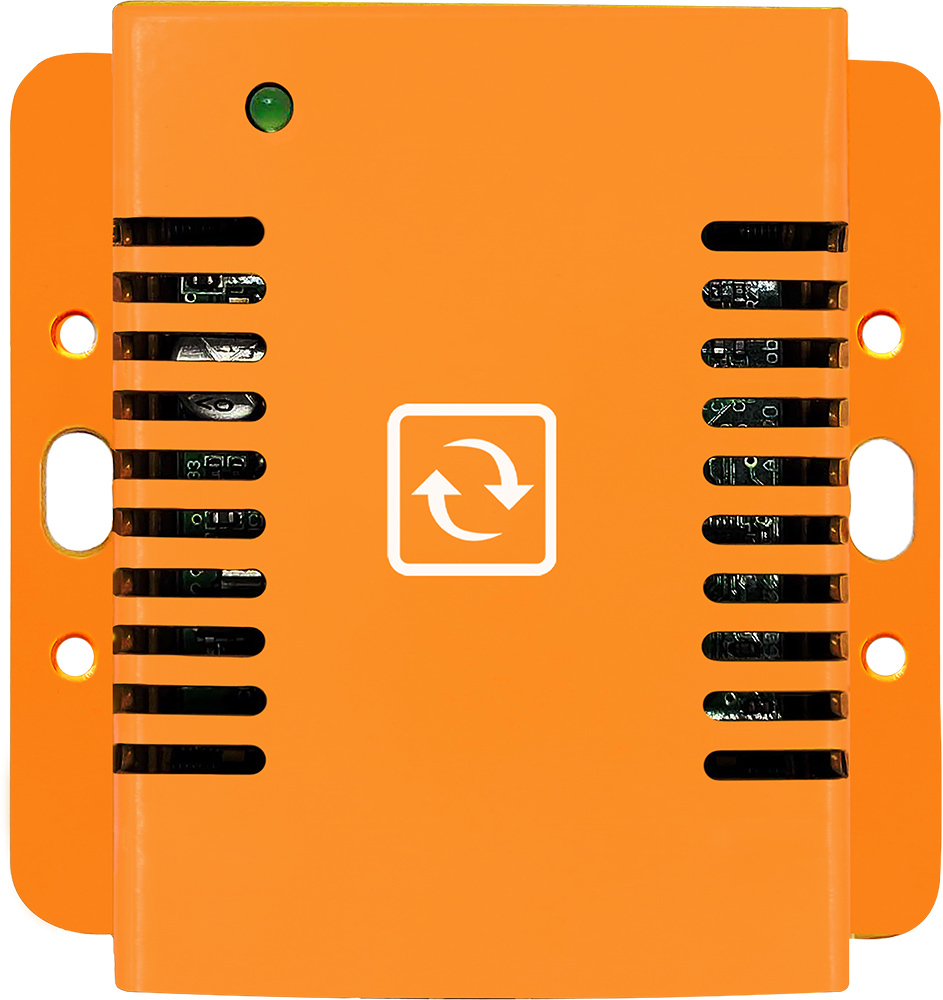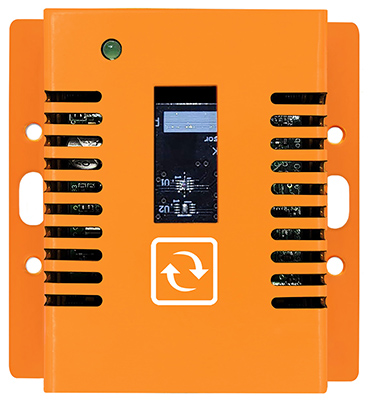corrosion in mission critical facilities
Preventing failures by detecting anomalies

-
More
Corrosion Sensor
Close
This sensor monitors the level of corrosion as per ISA 71.04-2013 classification
Corrosion Sensor
-
More
Differential Air Pressure
Close
The differential air pressure is used to verify that air is being changed in the mission critical facility. 3 to 6 air changes per hour are recommended.
Air Pressure Sensor
-
More
Temperature & Humidity Monitoring
Close
Ambient temperature and humidity monitoring is paramount to prevent corrosion. Especially temperature and humidity fluctuations have to be closely monitored.
Temperature & Humidity Sensors
-
More
Light (Lux) Sensor
Close
It digitally monitors the light level inside of the equipment. With its high sensitivity it can immediately alert when light comes in so that you know something abnormal is going on.
Light (Lux) Sensor

Real time corrosion monitoring
with InfraSensing
The risks of corrosion for mission critical facilities are numerous and can have serious consequences. Corrosion can lead to equipment failure, power outages, and costly repairs. In addition, corrosion can also lead to safety hazards such as fires or explosions.
Using ACM or real time corrosion monitoring sensors to mitigate these risks can provide several benefits compared to the ISA 71.04-2013 standards. Some of these benefits include:
Early detection: Real time corrosion monitoring sensors can detect corrosion at an early stage, allowing facility managers to take preventive measures before the corrosion becomes a serious problem.
Continuous monitoring: Unlike traditional corrosion monitoring methods, real time corrosion monitoring sensors provide continuous monitoring, allowing facility managers to identify and address corrosion issues as they arise.
Increased accuracy: Real time corrosion monitoring sensors are highly accurate and provide reliable data, allowing facility managers to make informed decisions about corrosion management.
Reduced maintenance costs: By identifying and addressing corrosion issues before they become serious problems, real time corrosion monitoring sensors can help reduce the need for costly repairs and maintenance.
Enhanced safety: Real time corrosion monitoring sensors can help prevent equipment failure, power outages, and safety hazards such as fires and explosions, ensuring the safety of facility personnel and the surrounding community.
Using ACM or real time corrosion monitoring sensors to mitigate these risks can provide several benefits compared to the ISA 71.04-2013 standards. Some of these benefits include:
Early detection: Real time corrosion monitoring sensors can detect corrosion at an early stage, allowing facility managers to take preventive measures before the corrosion becomes a serious problem.
Continuous monitoring: Unlike traditional corrosion monitoring methods, real time corrosion monitoring sensors provide continuous monitoring, allowing facility managers to identify and address corrosion issues as they arise.
Increased accuracy: Real time corrosion monitoring sensors are highly accurate and provide reliable data, allowing facility managers to make informed decisions about corrosion management.
Reduced maintenance costs: By identifying and addressing corrosion issues before they become serious problems, real time corrosion monitoring sensors can help reduce the need for costly repairs and maintenance.
Enhanced safety: Real time corrosion monitoring sensors can help prevent equipment failure, power outages, and safety hazards such as fires and explosions, ensuring the safety of facility personnel and the surrounding community.